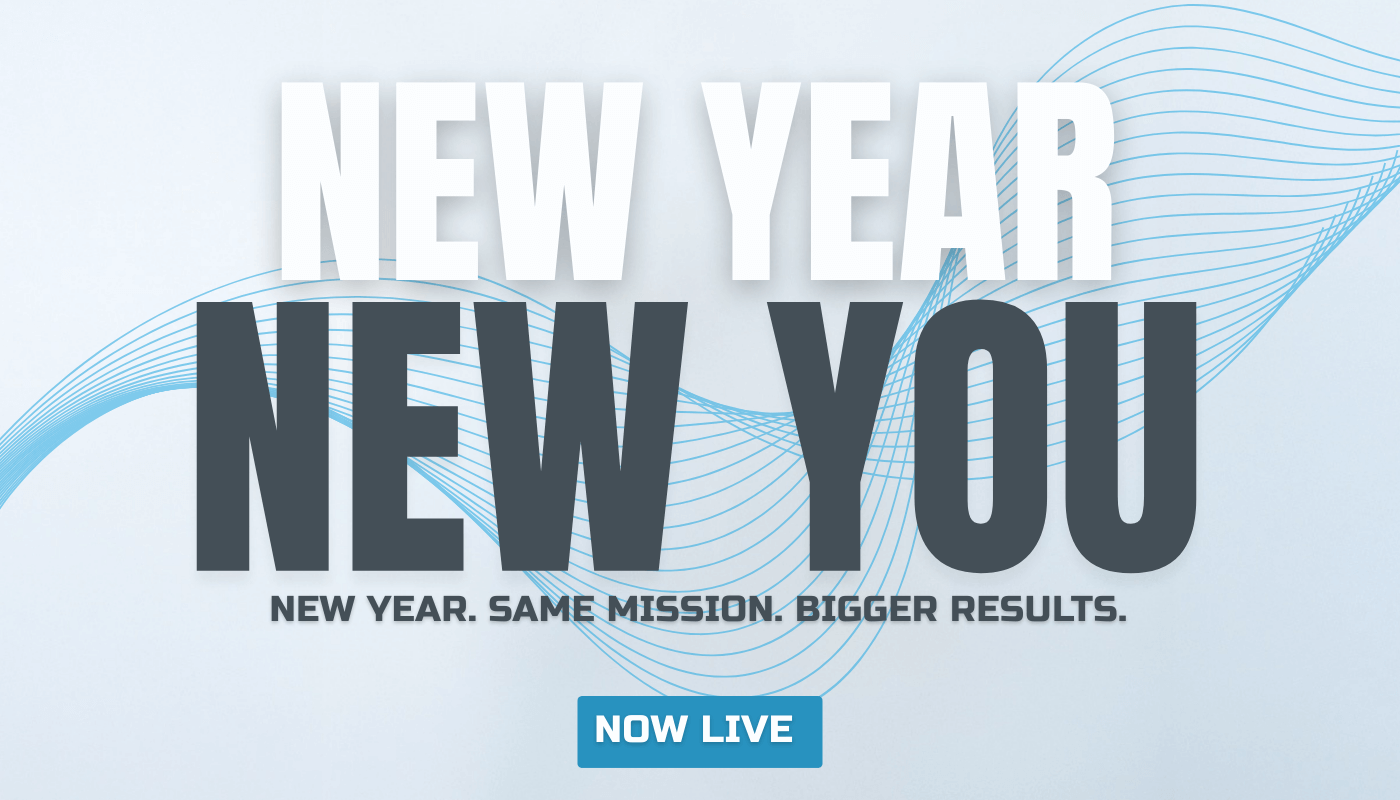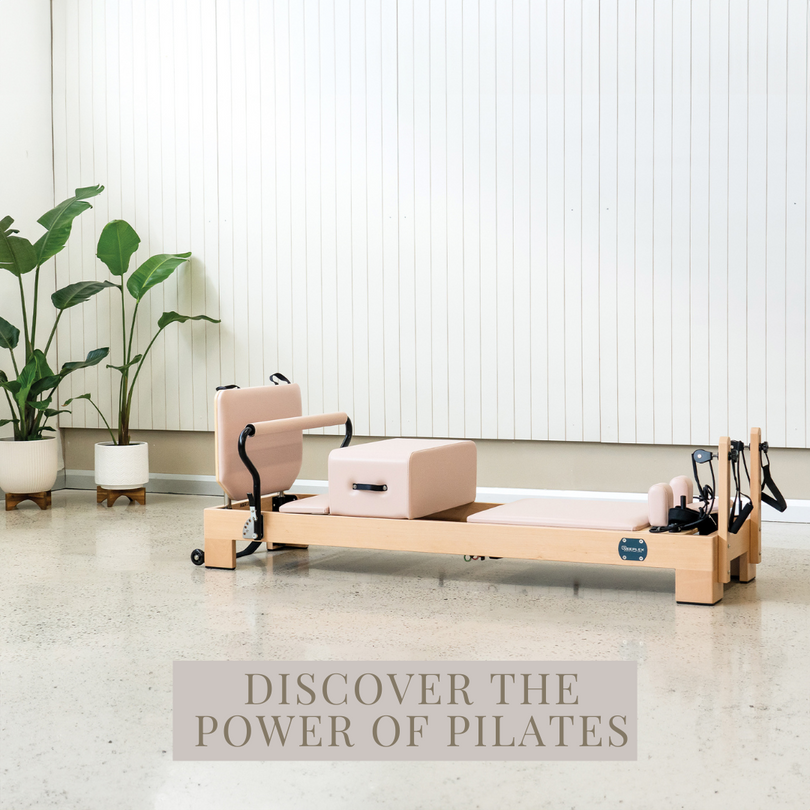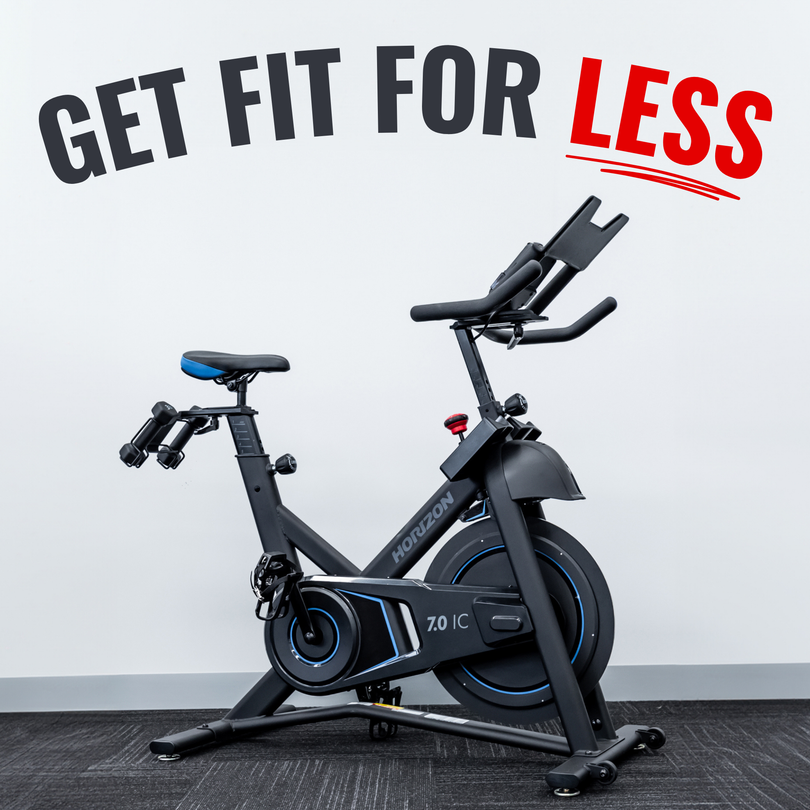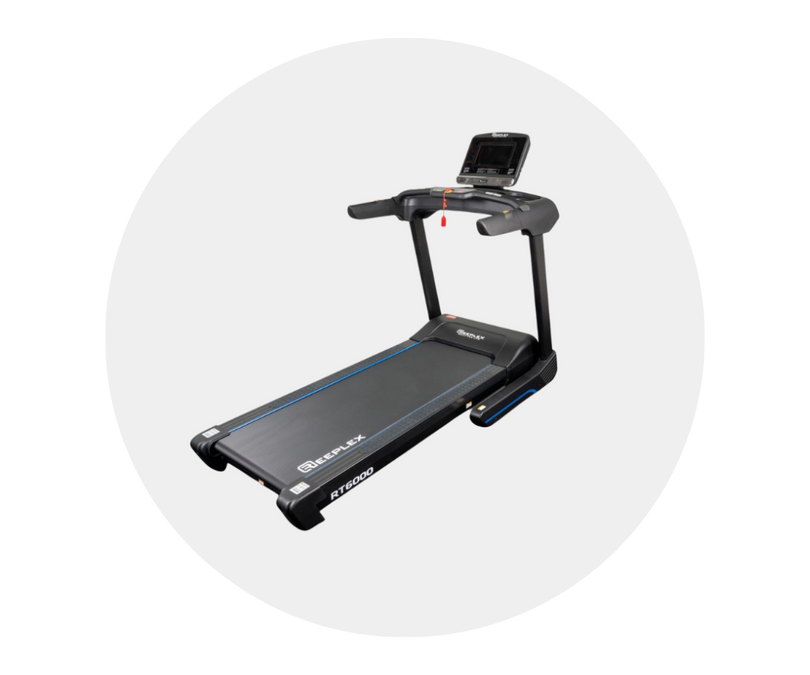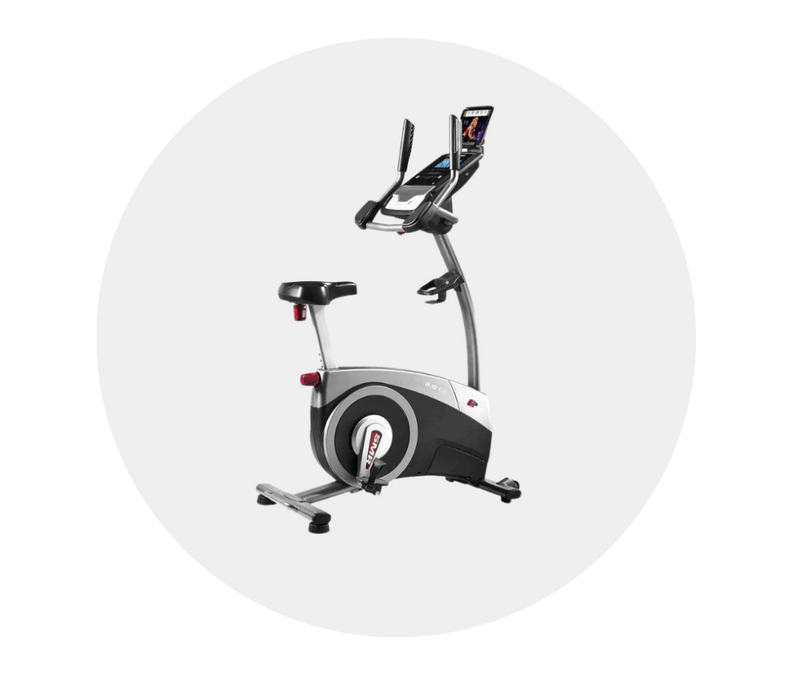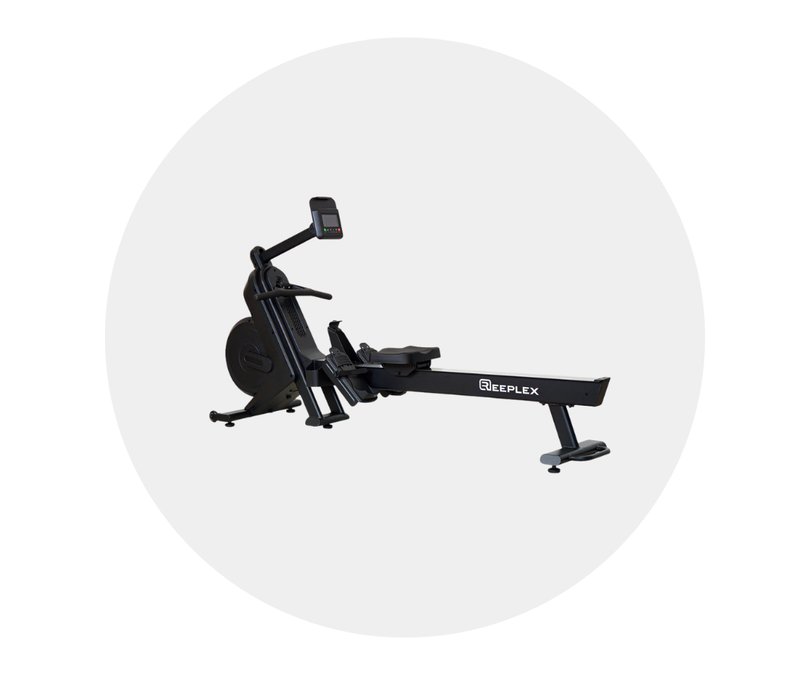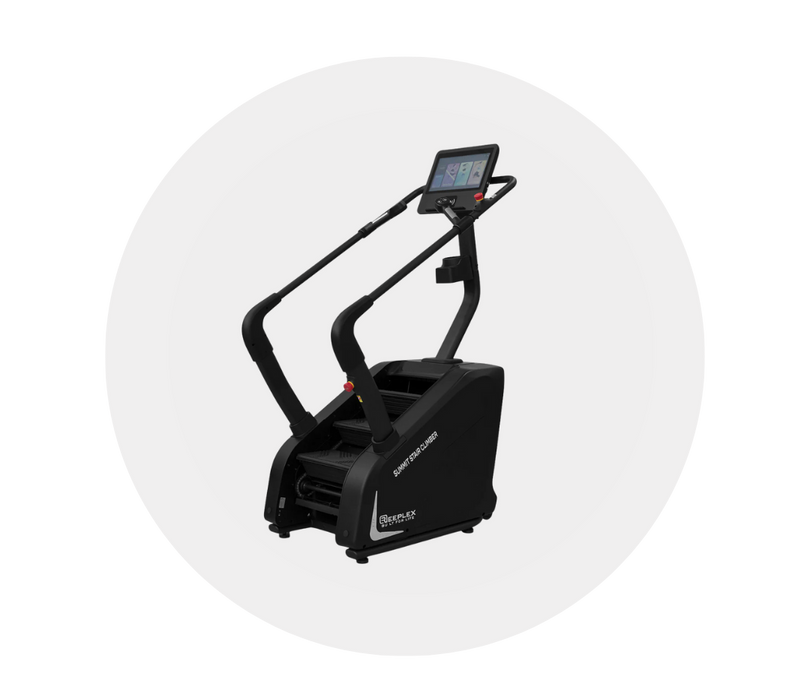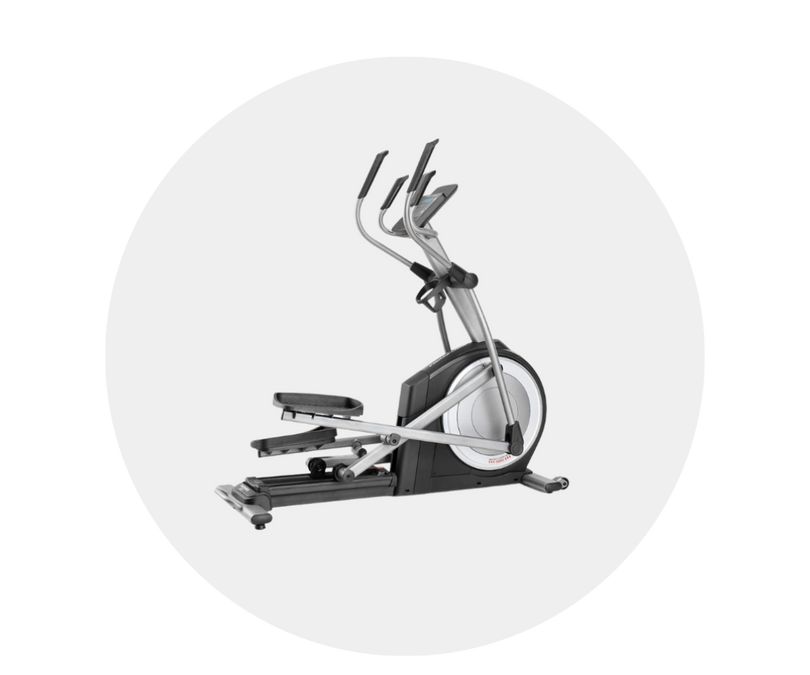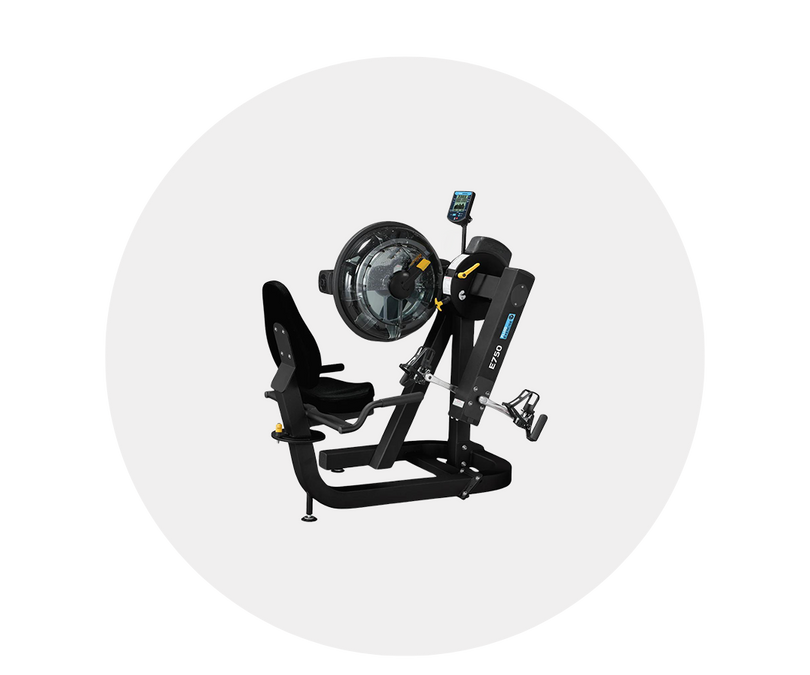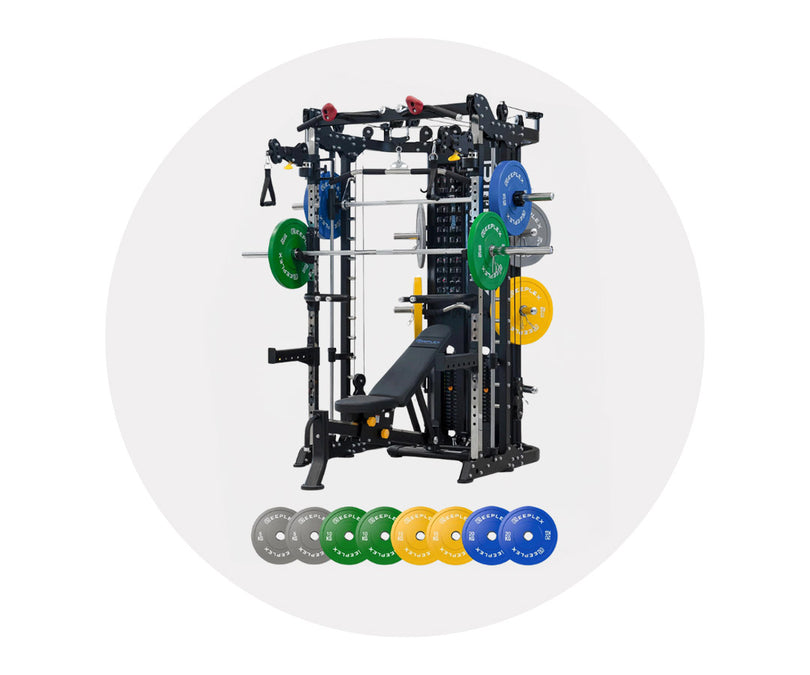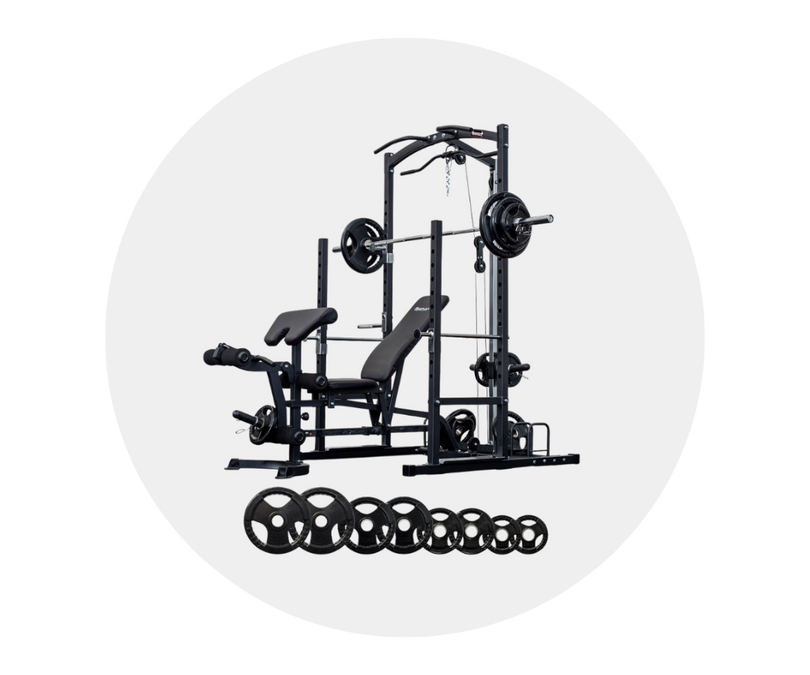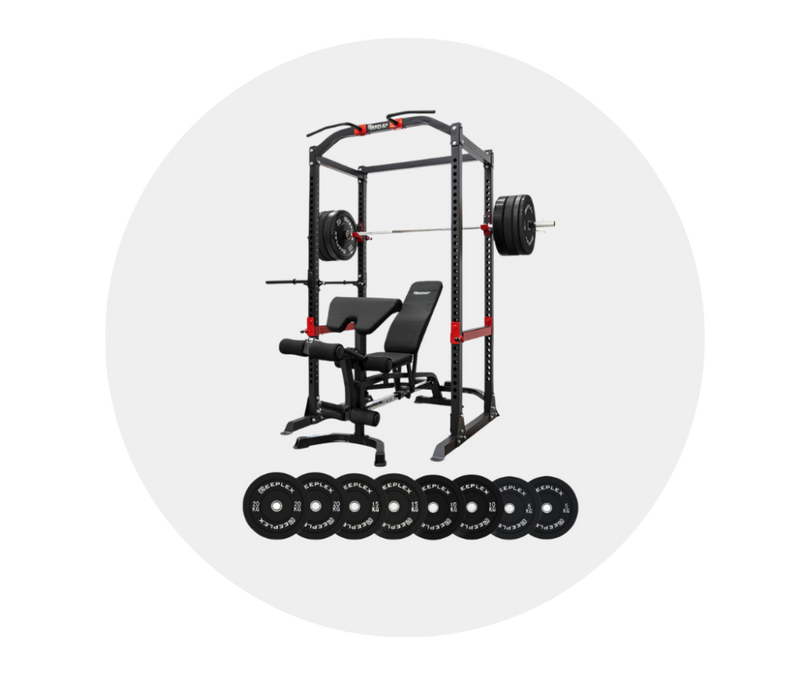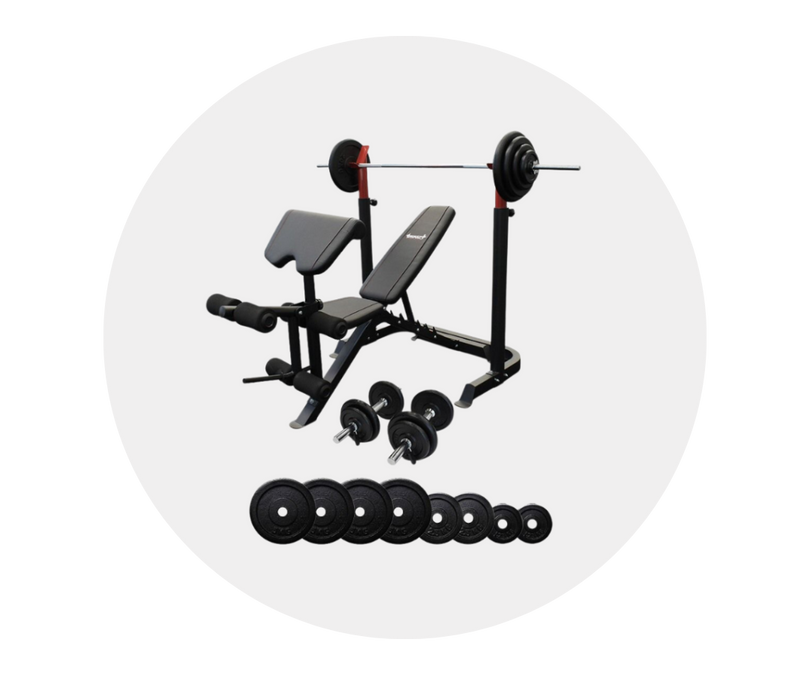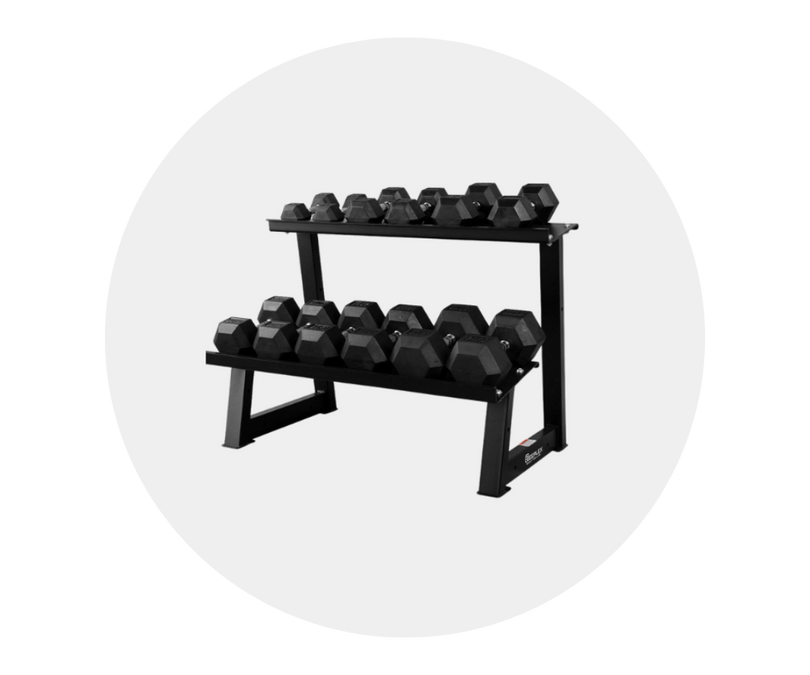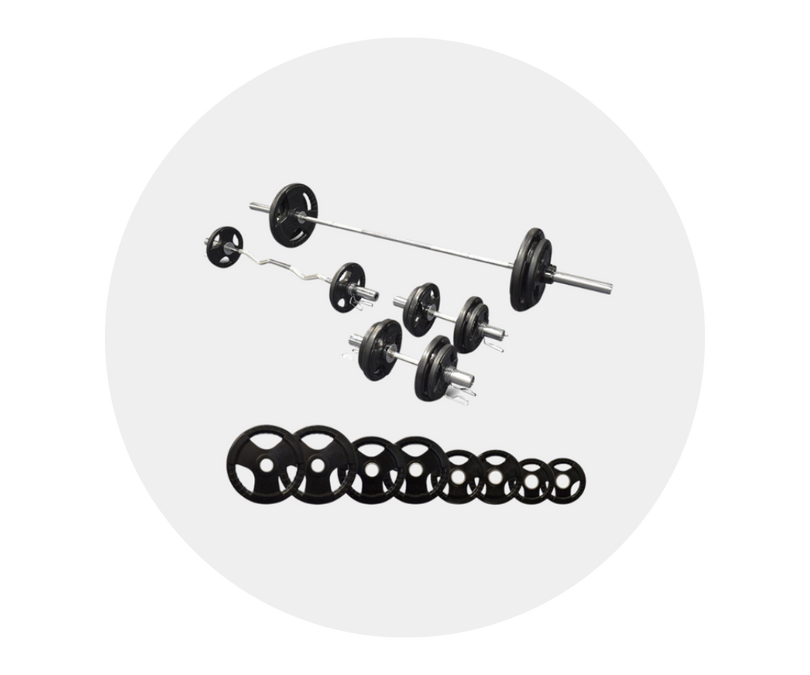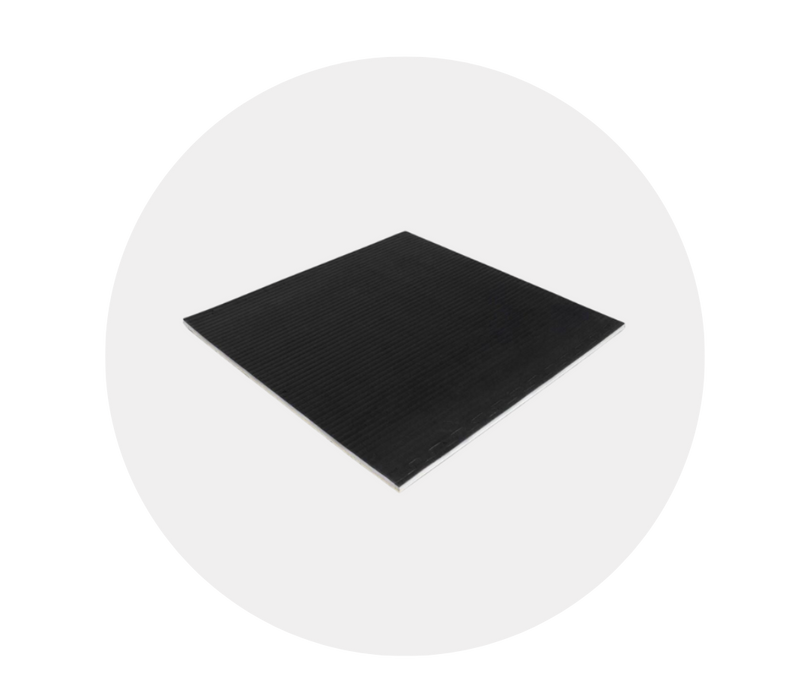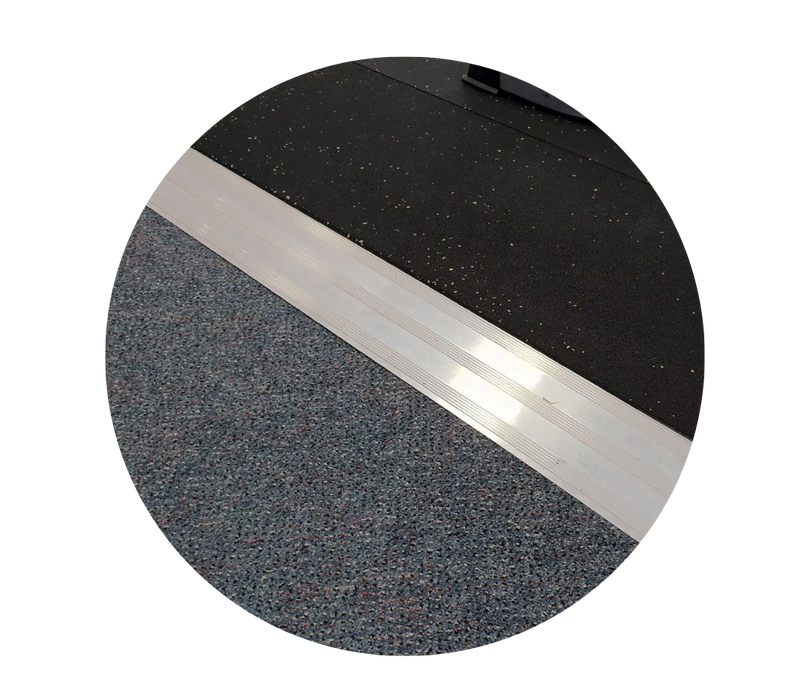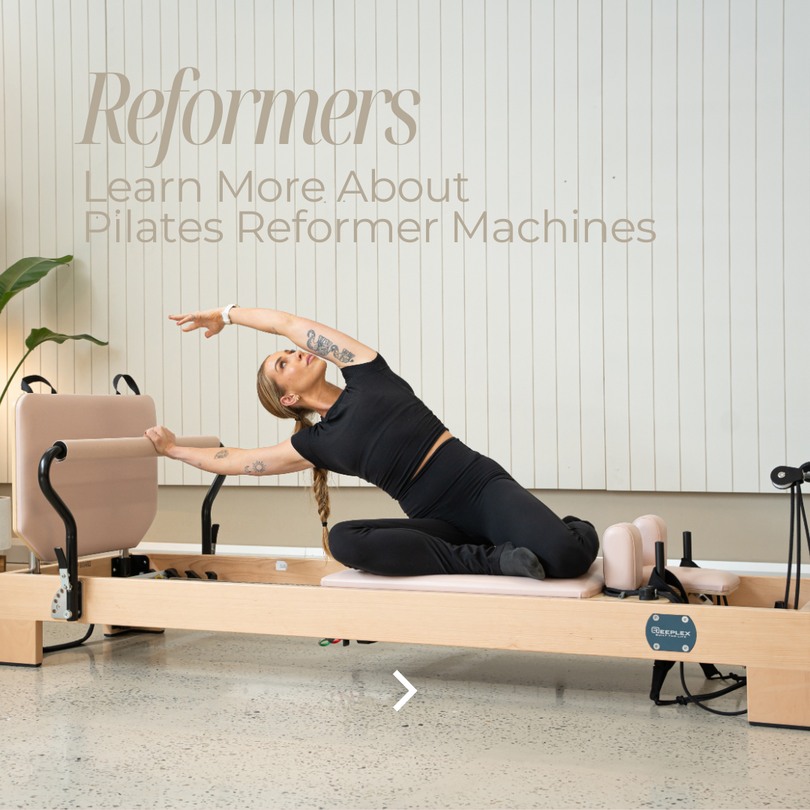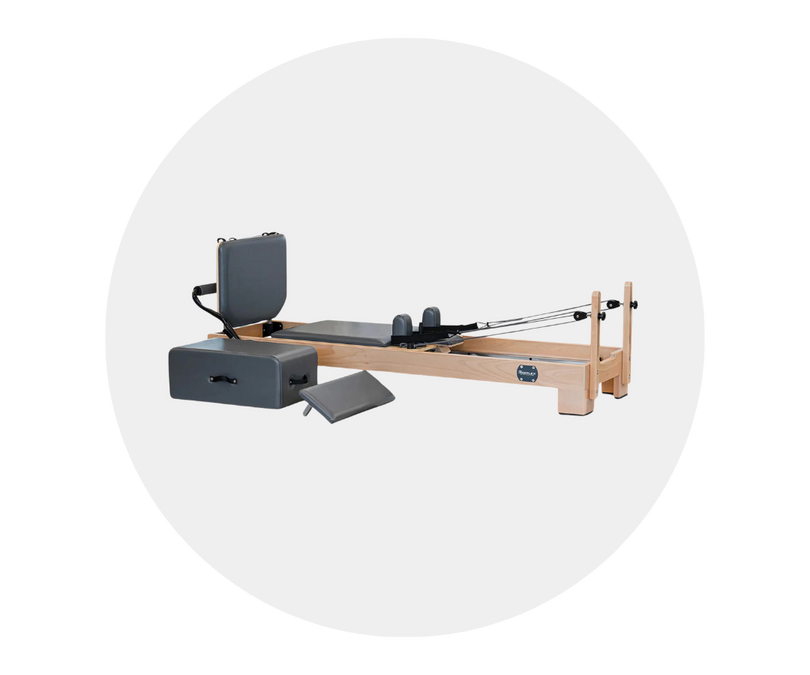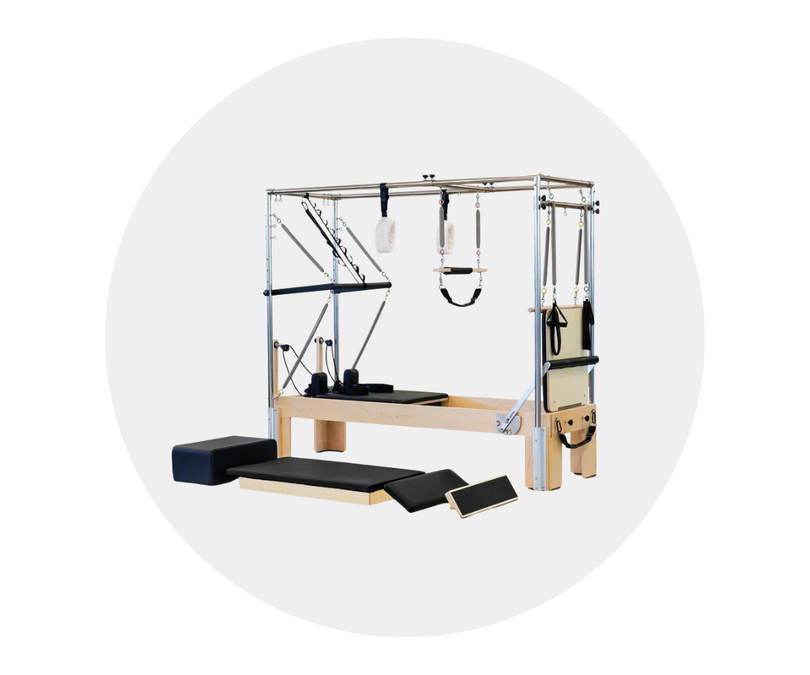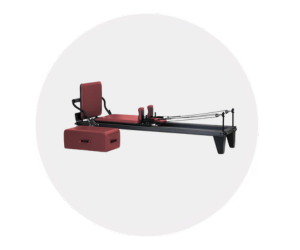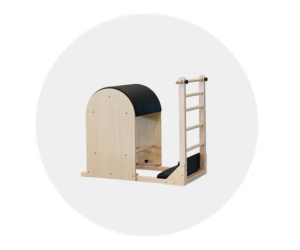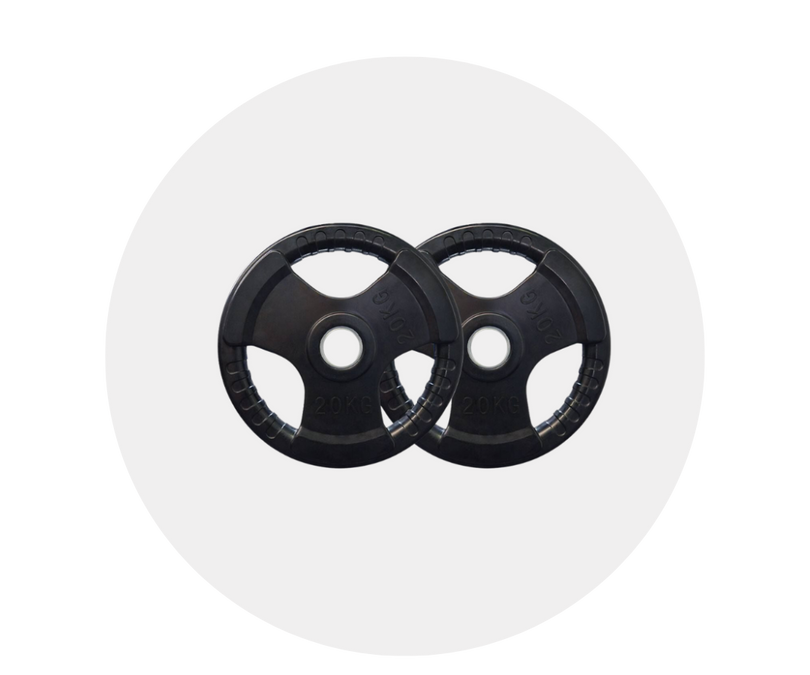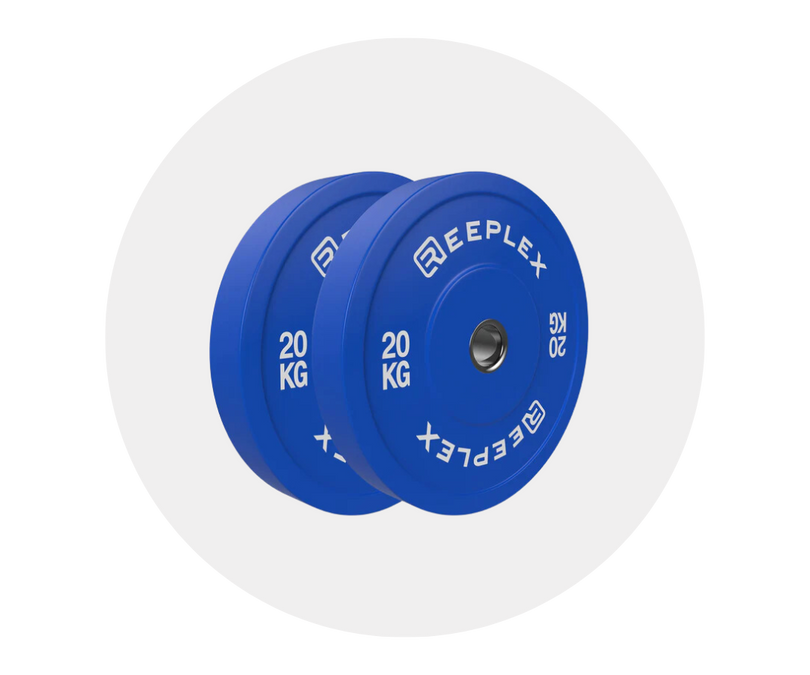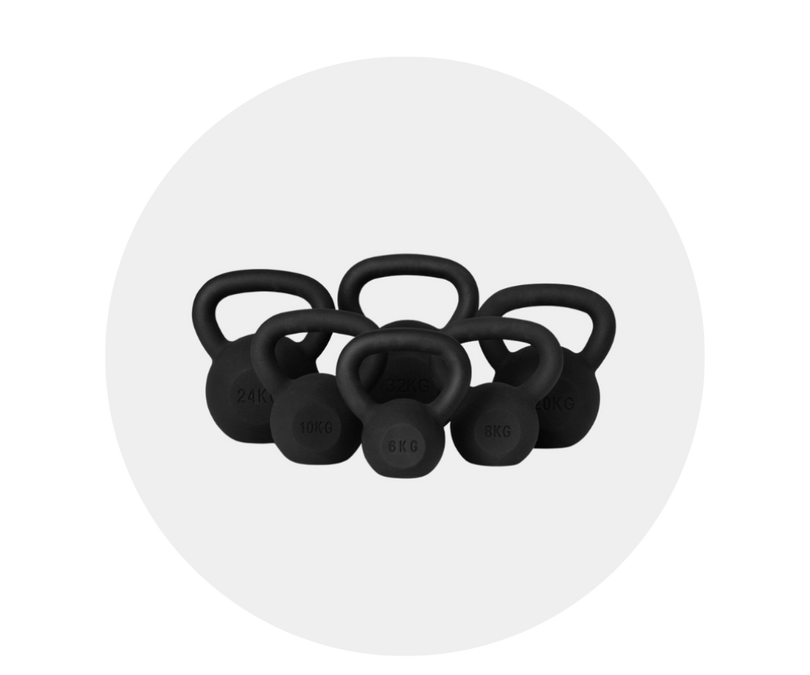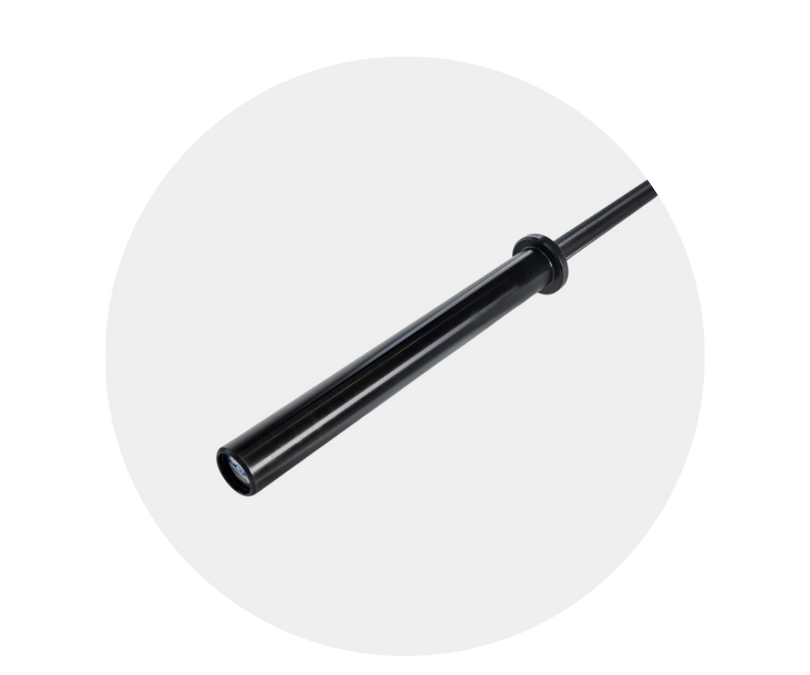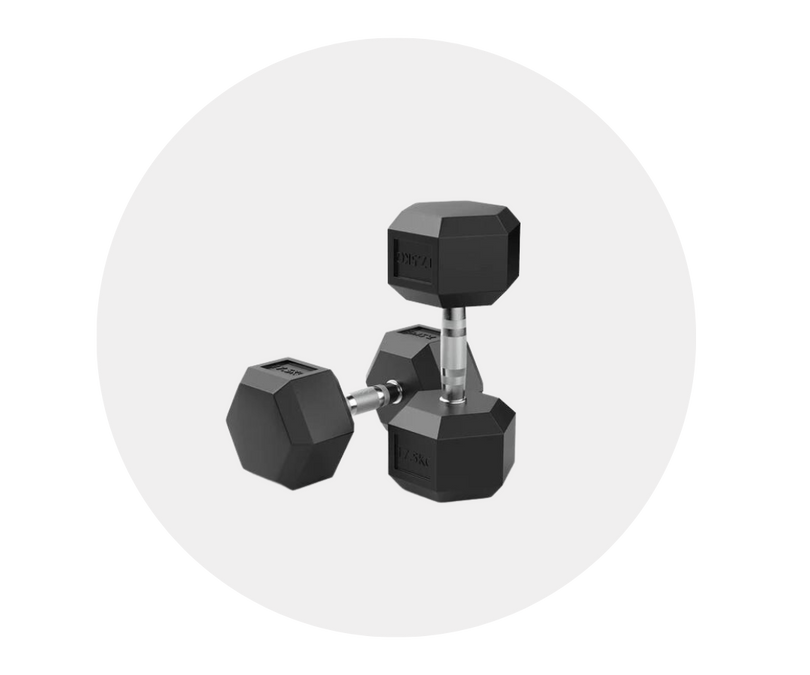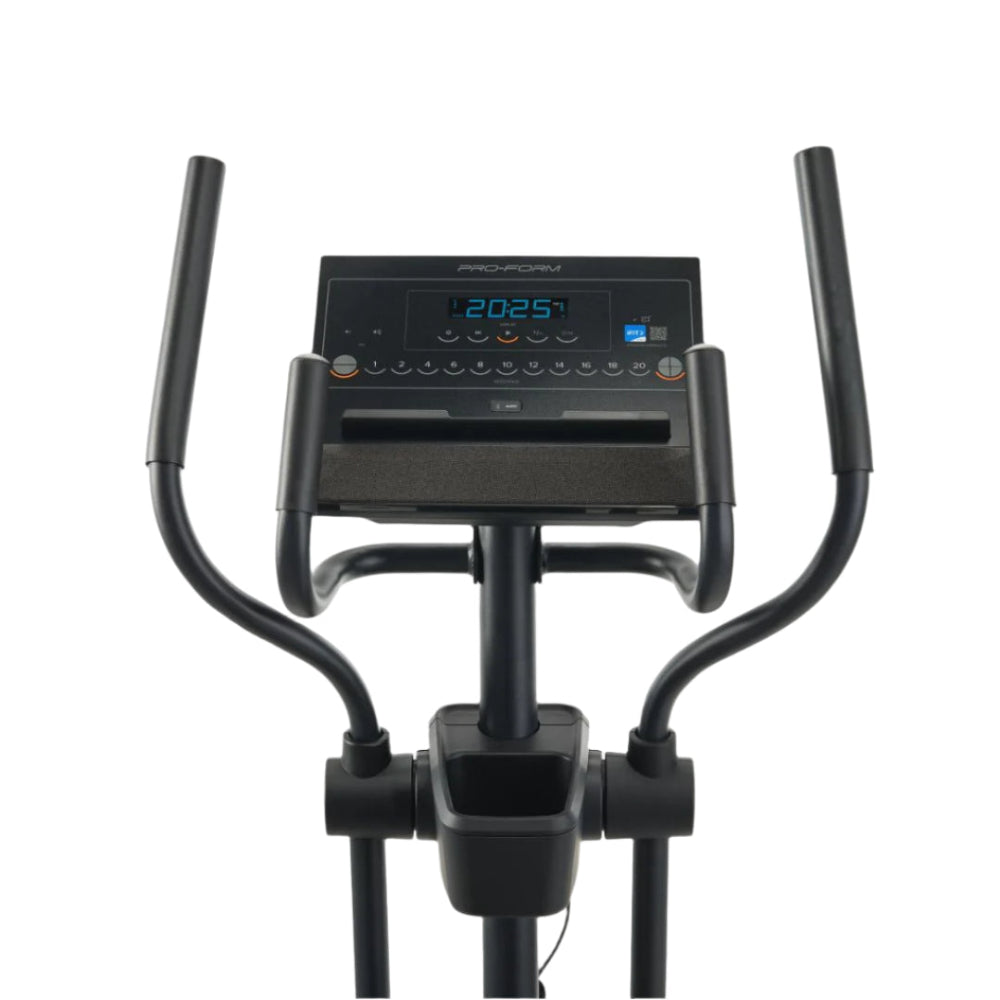Cardio Clearance: Assessing Your Cardiovascular Health for Safe Physical Activity
Medical professionals conduct cardio clearance to assess an individual's cardiovascular health and readiness for physical activity. The assessment involves tests such as medical history, physical exam, ECG, exercise stress test, and potentially cardiac imaging. Results guide tailored recommendations for cardiovascular health.How to perform Cardio Clearance
- Medical history: The healthcare provider will ask the individual about their medical history, including any existing health conditions, medications, and family history of heart disease.
- Physical examination: The provider will perform a physical examination, including measuring vital signs such as blood pressure and heart rate, listening to the heart and lungs, and checking for any physical signs of heart disease.
- Electrocardiogram (ECG): An ECG is a non-invasive test that measures the electrical activity of the heart. The healthcare professional places electrodes on the individual's chest, arms, and legs to record the heart's electrical signals.
- Exercise stress tests monitor heart rate, blood pressure, and ECG during treadmill or stationary bike activity. The test evaluates cardiovascular fitness and identifies any abnormal heart rhythms or signs of heart disease.
- Cardiac imaging: In some cases, additional tests may be performed to evaluate the heart's structure and function. This may include an echocardiogram (ultrasound of the heart) or a cardiac CT or MRI scan.
- The healthcare provider reviews all test results and determines if the individual is fit for physical activity. If the provider identifies any heart conditions or risk factors, they may recommend further treatment or follow-up testing before granting clearance.
- Depending on the evaluation results, the healthcare provider may recommend periodic follow-up for the individual to monitor their cardiovascular health and adjust their exercise regimen accordingly.
What is Cardio Clearance?
Healthcare professionals perform cardio clearance to assess an individual's cardiovascular health and determine their readiness for physical activity. Tests include medical history, physical exam, ECG, exercise stress test, and possibly cardiac imaging. Results guide tailored cardiovascular health advice.
Who needs Cardio Clearance?
Cardio clearance is needed for sports or physical activity, new exercise programs, and those with heart conditions or risk factors. Cardio clearance helps ensure the safety of individuals during physical activity and can help prevent any potential health complications.
What does Cardio Clearance involve?
Cardio clearance involves a series of tests and examinations to assess an individual's cardiovascular health. These may include a medical history, physical exam, ECG, exercise stress test, and possibly cardiac imaging. The tests aim to identify heart conditions or risk factors that may affect an individual's ability to engage in physical activity. Based on the results of the evaluation, healthcare professionals can provide tailored advice and recommendations for individuals to maintain or improve their cardiovascular health.
How long does Cardio Clearance take?
The length of time it takes to complete a cardio clearance evaluation can vary depending on the tests and examinations performed. Typically, the evaluation can take between one to three hours to complete. However, individuals may need to schedule multiple appointments to complete all necessary tests and follow-up consultations.
